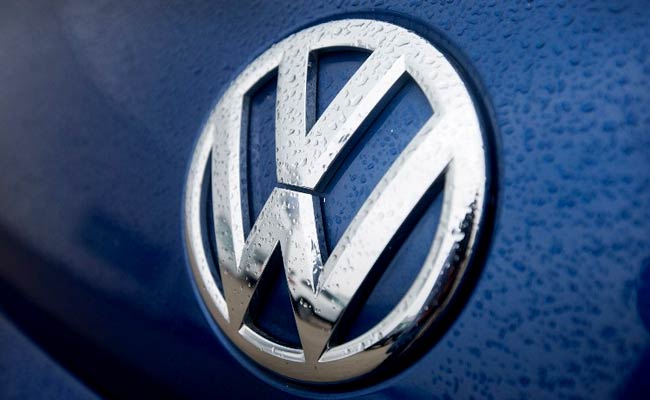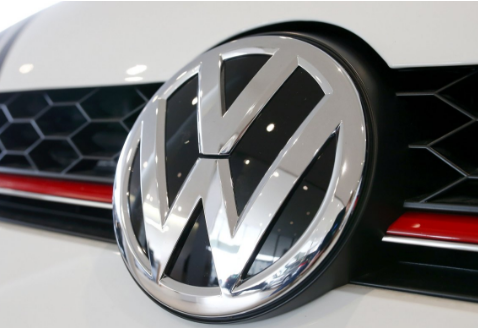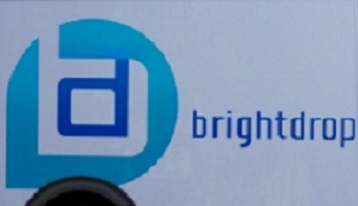Now Reading: German court says Volkswagen should have published engine plan
-
01
German court says Volkswagen should have published engine plan
German court says Volkswagen should have published engine plan

Volkswagen should have publicly published the engine plan in 2008 that sparked its diesel emissions scandal, a German court said on Thursday, as it set out its observations on a test case brought by investors against the automaker.
Volkswagen, which confessed to cheating U.S. diesel engine tests in 2015, said it had satisfied all its disclosure obligations and any compensation claims were unfounded.
The scandal has been traced back to 2008, approximately when the automaker started using software to control diesel engine emissions that were later ruled illegal when they were found by U.S. regulators.
Whether investors can claim compensation for the decline in Volkswagen’s share price after the scandal was exposed depends on whether it can be proven that any member of the automaker’s executive board had the knowledge of plan constituted cheating, the higher regional court in Braunschweig said on Thursday.
The automaker says it held nothing back.
“The management board of Volkswagen had no reliable knowledge that the software used in U.S. diesel automobiles contained a defeat device prohibited by U.S. law until the summer of 2015,” it said in a statement.
“This case is only concerned with whether the automaker fulfilled its disclosure obligations towards shareholders and the capital market. We are convinced that this is the case. All alleged claims for damages are therefore unfounded,” it said.
The test case in question was brought against the automaker and its controlling shareholder, Porsche Automobil Holding SE, by fund manager Deka Investment GmbH.
Stay Informed With the Latest & Most Important News
Previous Post
Next Post
-
 01Polestar Boss Says It’s Time To Outrun BMW M And Mercedes-AMG
01Polestar Boss Says It’s Time To Outrun BMW M And Mercedes-AMG -
 02Spy Shots: 2027 Mitsubishi Pajero Spotted in Testing Ahead of Possible U.S. Return
02Spy Shots: 2027 Mitsubishi Pajero Spotted in Testing Ahead of Possible U.S. Return -
 032026 Toyota Hilux EV: A Powerful Truck with Silent Torque
032026 Toyota Hilux EV: A Powerful Truck with Silent Torque -
 04Spy Photos: VW ID. Polo GTI Goes Electric with 223 HP and 280 Miles of Range
04Spy Photos: VW ID. Polo GTI Goes Electric with 223 HP and 280 Miles of Range -
![2027 Mercedes-Benz S-Class Debuts with V8 Engine [Photo Gallery]](https://speedlux.com/wp-content/uploads/2026/01/2027-Mercedes-Benz-S-Class-33-155x125.jpg) 052027 Mercedes-Benz S-Class Debuts with V8 Engine [Photo Gallery]
052027 Mercedes-Benz S-Class Debuts with V8 Engine [Photo Gallery] -
 06The Controversial Ford Voodoo V8 That Was Killed Off Too Early
06The Controversial Ford Voodoo V8 That Was Killed Off Too Early -
 07Hyundai Palisade’s Breakout Year Shows How Quickly the Market Can Turn
07Hyundai Palisade’s Breakout Year Shows How Quickly the Market Can Turn



![2027 Mercedes-Benz S-Class Debuts with V8 Engine [Photo Gallery]](https://speedlux.com/wp-content/uploads/2026/01/2027-Mercedes-Benz-S-Class-33-700x394.jpg)











































